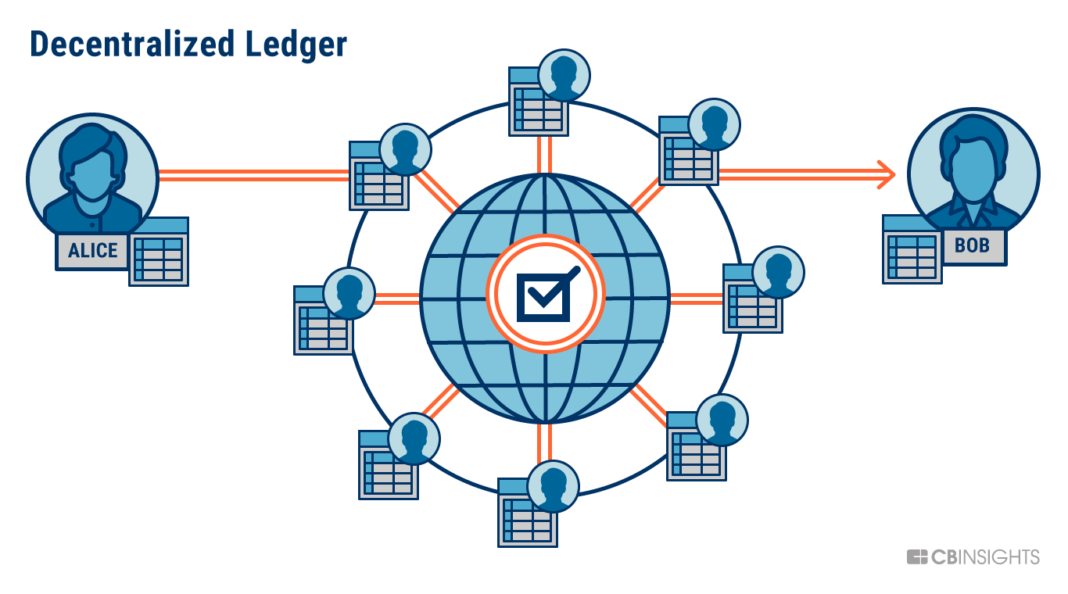Blockchain technology is certainly an intelligent invention. It is commonly known as the foundation of bitcoin’s digital currency. Blockchain technology is the new backbone and identity of the internet. The blockchain network is an altered system with no central authority. It is highly transparent, and you are responsible for your actions if you build something on the blockchain.
What exactly is Blockchain Technology?
- Blockchain technology is simply a chain of blocks.
- The blocks are referred to as digital information, and the chain is the public database.
- At a complex level, blockchain technology is the digital information stored in a public database.
- These blocks store information regarding the date, time, transaction amount, and the participating person.
- The blockchain data structure helps in creating a digital ledger of transactions that is shared among a vast network of computers.
- Every new transaction leads to the addition of a new block in the chain.
Why is Blockchain Technology Popular?
The reasons behind the popularity of blockchain technology are:
- There is no single owner of this technology. It is decentralized.
- The data is stored cryptographically.
- No one can influence the data that is present inside the blockchain.
- Due to the transparent nature of blockchain, anyone can track his own data.
What are the Advantages of Blockchain Technology?
- No human involvement in verification is required, which makes it an accurate technology.
- No third-party verification is involved, which reduces the cost.
- It is safe to use. Hackers cannot corrupt this technology because it is decentralized.
- All the transactions made are private, secure, and efficient.
Where is Blockchain Technology Used?
Blockchain helps users to create authentic digital information. Some of the applications of blockchain technology are:
- Smart Contracts: Simple contracts can be coded by using distributed ledgers. Smart contracts are executed on fulfillment of conditions.
- Sharing Economy: Blockchain’s peer-to-peer payment methods facilitate direct interactions between the participants.
- Crowd Funding: Blockchains help in creating venture capital funds that raise crowdfunding to a whole new level.
- Governance: Distributed blockchain technology used to store data can make election results easily accessible to the public. This can lay the basis for fully transparent elections.
- Supply Chain Auditing: Blockchain makes it easier to determine the origin of the items. The dates and the locations of the items correspond with the product numbers.
- File Storage: Blockchains help in the storage of files in a decentralized manner that prevents the corruption of files as well hacking.
- Internet of Things: Blockchains are used in automating various remote systems with the help of network facilities and sensors.
- Microgrids: Blockchain technology has been used to generate renewable energy. It helps in setting up microgrids in the local areas.
- Identity Management: Distributed ledgers use improved methods to control the safe and digitized identity of the persons involved in transactions.
- Stock Trading: Blockchain technology permits instant peer-to-peer stock trading that removes intermediates like auditors and custodians from the process.
Wrapping Up
Blockchain technology first came into use in 1991. Similar to other technologies, it also came under public scrutiny with concerns about its capability and the future. But, thanks to intense research and applications being explored and developed, blockchain technology has finally gained popularity.
Blockchain technology is an increasingly popular buzzword in the world due to its efficient accuracy and secure operational and government functions. With the abundance of data and information available through websites and news portals, there’s no issue of whether companies are going to take on the technology, however, it’s more regarding when are they going to do so?
















